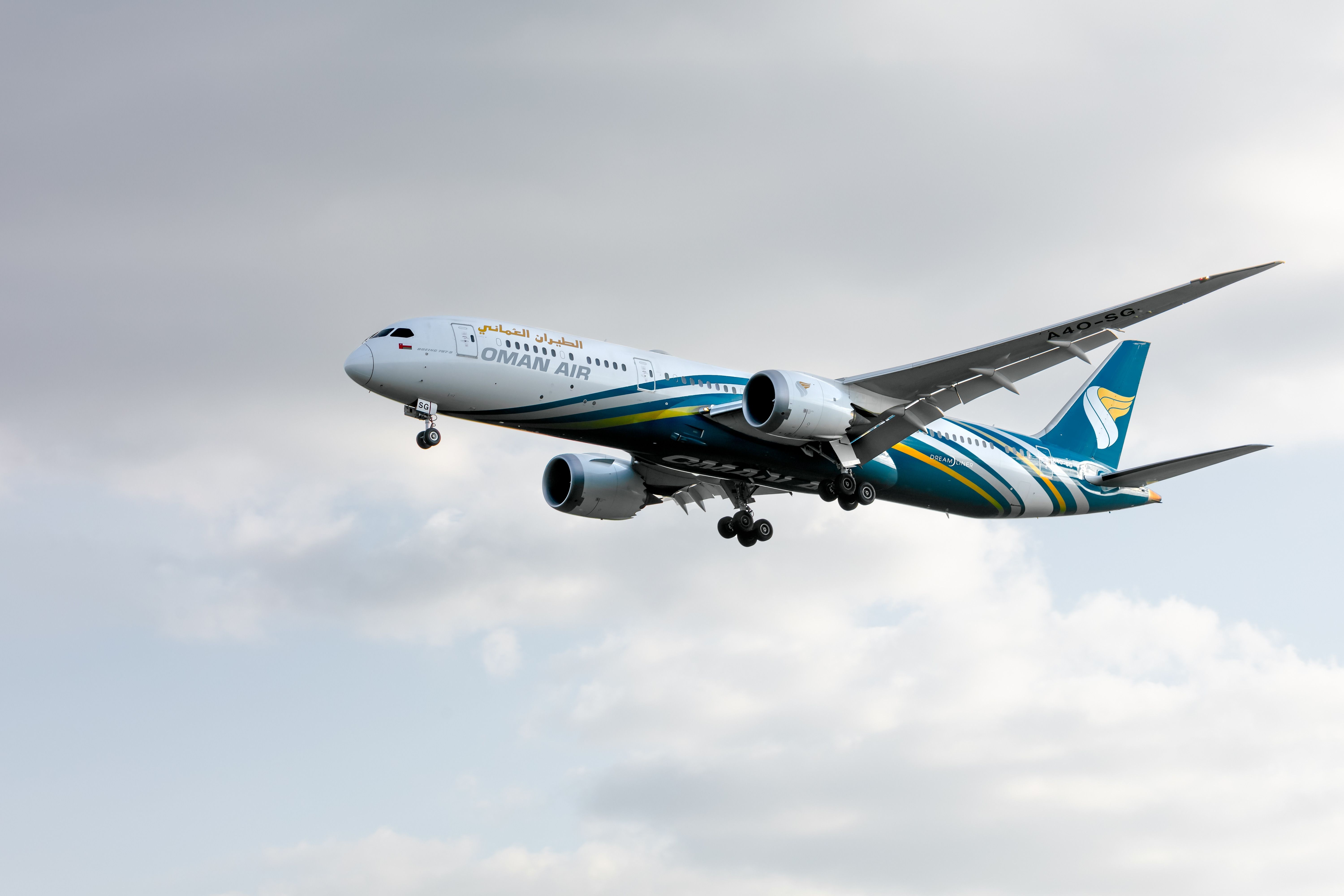Summary First class cabins are declining due to cost efficiency & changing preferences. Airlines are investing in 'business class plus' to cater to a broader audience. The future of premium air travel is shifting towards democratizing luxury.
In recent years, a significant shift has been observed in the airline industry, particularly in the premium cabin segment of long-haul flights. The once-glamorous first class cabin, synonymous with luxury and exclusivity, is slowly being phased out by many airlines in favor of an upgraded business class product, often called "business class plus." This emerging trend redefines the air travel landscape by blending luxury with practicality, appealing to a broader range of customers.

The decline of first class The decline of first class can be attributed to several key factors, the most significant being cost efficiency and changing customer preferences. Airlines like Oman Air have replaced their first-class cabins with "Business Studios" in their latest long-haul aircraft configurations. These new business class seats offer many amenities traditionally reserved for first class, including lie-flat beds, direct aisle access, and gourmet dining options, but at a lower price point for the airline and the passenger.
Another compelling reason for the shift is the underutilization of first-class seats. According to an analysis by Flightworx, the occupancy rates for first class cabins are often lower than for other cabin classes, leading to reconsidering the value they add. The exclusivity and prestige of first class are undeniable.
Still, with only a few passengers willing or able to pay the premium fares, airlines are finding it more economical to invest in enhanced business class products that cater to a larger audience. Improvements in business class offerings have improved majorly over the years. Get all the latest airline route news right here The rise of 'business class plus' Several major airlines worldwide have embraced the concept of 'business class plus'.
For instance, according to the Asiana Airlines website, theairlines has recently introduced its "Business Suite," a hybrid between first and business class, offering a first class experience within a business class cabin. This strategic move allows Asiana to provide luxury services at a more competitive price, aligning with the current demand dynamics in the aviation market. It is considered the elite of first class cabins.
Similarly, British Airways has been re-imagining its premium offerings . Although the airline maintains a separate first class, its focus has heavily shifted towards enhancing its business class experience. This change is partly due to the evolving expectations of business travelers who, following the pandemic, have become more cost-conscious while still desiring comfort and privacy on long-haul flights.
For the latest aviation news on social media, follow Simple Flying on Instagram. The "business class plus" concept typically includes fully flat beds, improved privacy with sliding doors or partitions, enhanced dining options, and access to premium airport lounges. These offerings cater to high-value customers who seek a balance between luxury and affordability, making them an ideal target for airlines aiming to maximize profitability while offering a premium experience.
A shift towards Business Plus British Airways , one of the world's leading long-haul carriers, provides a compelling case study of the shift towards 'business class plus.' Historically known for its distinguished first class service, BA has restructured its premium product strategy in response to changing market dynamics and consumer preferences. Before the pandemic, BA had already invested in a revamped business class offering called the "Club Suite.
" This product features sliding doors for added privacy, direct aisle access from every seat, and modern amenities designed to provide a luxurious experience closer to first class. This shift has only accelerated post-pandemic. As noted in recent reports, British Airways sees the recovery of long-haul business travel as a multi-year process, with many companies adopting more stringent travel budgets.
In 2020, the airline retired the last remaining 747, thus drastically reducing its first class seat availability. Furthermore, the 747 was replaced by the modern a350, which featured the new Club Suiteando had no first class. Market dynamics and customer preferences The trend toward eliminating first class in favor of an upgraded business class is also driven by changing market dynamics and customer preferences.
The post-pandemic world has seen a marked shift in how business and leisure travelers perceive value. With companies tightening travel budgets and more individuals booking premium seats out of pocket, there is a greater emphasis on finding a middle ground between cost and comfort. Airline First Class Status Pre-Pandemic First Class Status Post-Pandemic American Airlines Offered on select international routes Eliminated first class in favor of upgraded business class ("Flagship Business") British Airways Offered on select international routes Still offers first class but with a reduced fleet and route availability Cathay Pacific Offered on select international routes Reintroduced first class on select routes gradually post-pandemic Emirates Extensive first class on many international routes Continues to offer first class with new upgraded suites Lufthansa Offered on select international routes Still offers first class but is reducing the number of first-class seats on some routes Singapore Airlines Offered on select international routes with luxury suites Continues to offer first class with luxury suites and upgraded cabins United Airlines Offered on select international routes ("United Global First") Eliminated first class; now offers "Polaris" business class only Qantas Offered on select international routes Temporarily suspended first class; plans to reintroduce it gradually Japan Airlines (JAL) Offered on select international routes Continues to offer first class on select routes with updated amenities Etihad Airways Offered first class ("The Apartments" and "The Residence") Reduced first class offering; focusing more on business and economy classes Airlines are adapting to these changes by offering products that provide many of the perks of first class without the exorbitant price tag.
According to The Business Times, long-haul recovery in the business travel segment is expected to be gradual, with many corporations reevaluating their travel policies and seeking more cost-effective solutions. The future of premium air travel The trend of replacing first class cabins with 'business class plus' products reflects a broader shift towards democratizing luxury in the airline industry. As airlines continue to innovate and adapt to the evolving needs of travelers, we will likely see more carriers adopt this model.
The advantages are clear: a more efficient use of cabin space, a broader appeal to business and leisure travelers, and the potential for higher load factors and increased revenue. Emirates is the only airline with first class flights to South Africa's three major gateways. However, this does not necessarily signal the end of first class altogether.
Some markets, particularly those with a high concentration of ultra-wealthy individuals or where long-haul travel is prevalent, may still sustain a few first-class offerings. But these will likely become even more exclusive and tailored, emphasizing privacy and bespoke services to justify their existence and pricing..


















